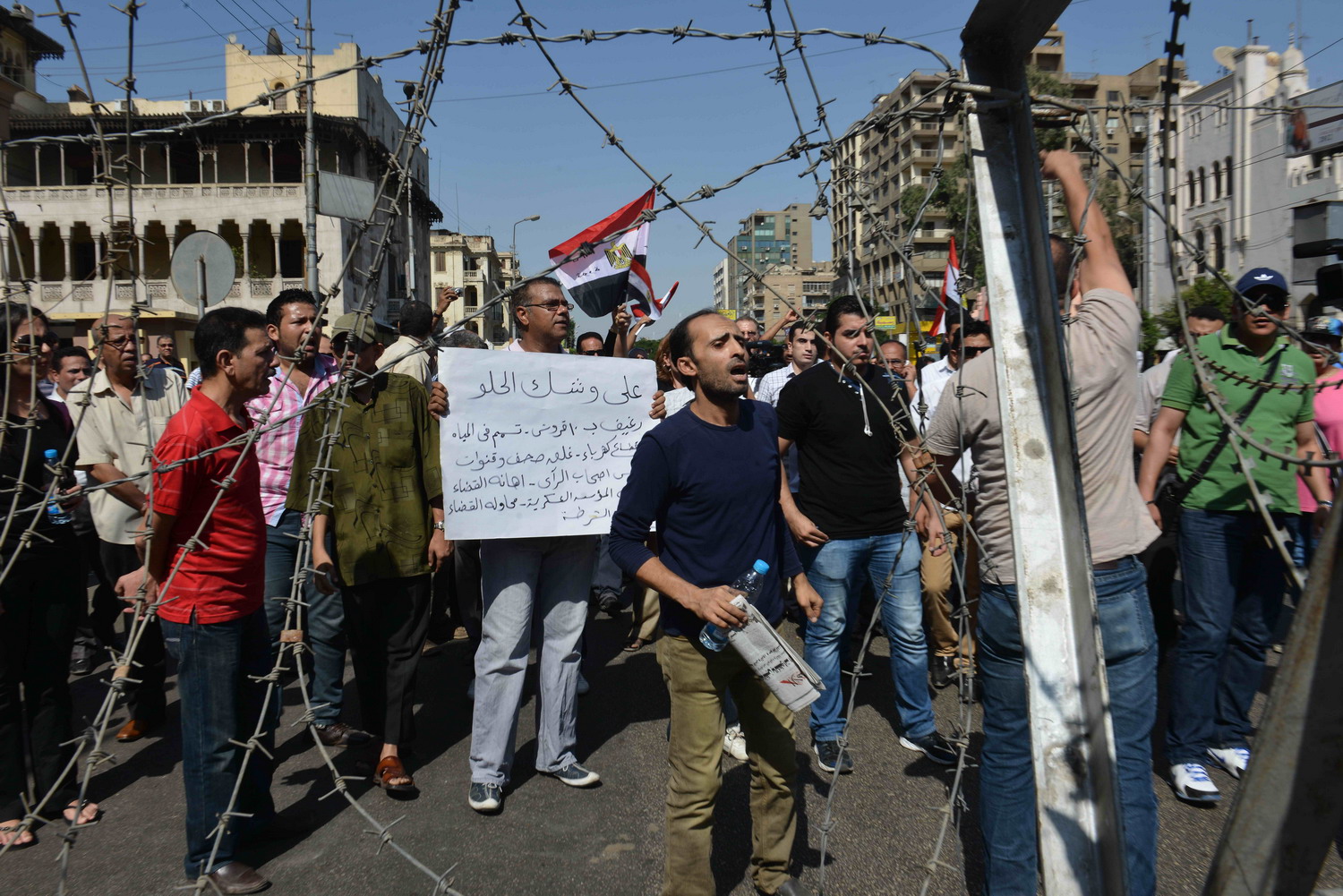CAIRO: Switzerland’s minaret referendum proposed by the right-wing Swiss People’s Party, which revealed that almost 58 percent of those polled support a ban on the building of minarets, unquestionably reveals a xenophobic, Islamophobic society, or does it?
The ban has elicited the condemnation of Muslim leaders, the Vatican and Jewish groups alike alongside the shocked reaction of the United Nations, which has described it as “clearly discriminatory and deeply divisive.
The outrage at the results of this vote is absolutely justifiable, especially coming from a country claiming a long tradition of tolerance and introspection.
But as professor of democracy and human rights Ian Buruma wrote in a commentary published in Daily News Egypt yesterday titled “Mountains and Minarets, to attribute the Swiss vote to “Islamophobia is perhaps to miss the point.
He admits that Christian-Muslim hostility has made people fearful of Islam in a way that they are not of Hinduism or Buddhism, but that the crux of the issue lies in the fact that if the “Swiss and other Europeans were self-assured about their own identities, their Muslim fellow-citizens probably would not strike such fear in their hearts.
There may be much truth in what he is saying.
The similarity of the symbolism of this vote to the crisis triggered by the offensive Danish cartoons of Prophet Mohamed in 2006 cannot be disregarded. In both cases the clear anti-Muslim bias has taken an extremely negative public image within a context that is already discriminatory against Muslims.
The posters promoting the ban should have never been allowed in the first place for they simply incite hatred and inflame the already existing fear of the other.
Depicting a fully veiled woman, covered in a black chador from head to toe with a background pierced with black minarets, eerily resembling missiles, the posters have conflated and instilled the erroneous notion that Islam equals extremism equals violence.
There is no logical connection between an architectural style (a minaret on a mosque, where in Switzerland and as in most of the Western world, is merely a design element which does not fulfill its traditional role of housing the muezzin while he makes the call to prayer) which proves beyond doubt what Buruma also concluded in his article that contrary to what some believe, referendums do not “strengthen democracy, but weaken it by undermining elected representatives, whose job is to exercise their good judgment rather than voice the gut feelings of an anxious, angry people.
The ramifications of this vote on Muslims in Europe can take one of two directions, depending on how the Muslim world deals with it. When the dust settles, and the feelings of indignation subside, the Muslim world must take collective action dedicated towards eradicating the false image that continues to be propagated in the West, but not only by paying lip service to the issues at stake, but also by exercising introspection into how religiously tolerant we are in our own Muslim societies.
This is by no means an attempt to belittle the extent of discrimination this ban revealed. However, for the Muslim world to be able to stand on solid ground in its argument and even in its attempt to contest the ban in the European Court of Justice on the basis that it runs contrary to the European Convention on Human Rights which upholds religious freedom, it also needs to prove that it abides by the internationally agreed-upon standards of religious tolerance in its own states.
It’s unthinkable that in Egypt, with its secular government and its history of peaceful coexistence with its Coptic population whose grand churches have graced its land for centuries, it is almost a miracle to get a permit to renovate a church, let alone to secure a permit to build a new one.
It’s disgraceful that discussion of the law regulating the building of houses of worship in the People’s Assembly has been postponed, even though this issue has gradually been instrumental in fuelling the growing sectarian tension that has been on the rise between Egypt’s Muslims and Christians in recent years.
No to a xenophobic Swiss minaret ban, but before we all go up in arms, we must look inside and fix the broken promises of tolerance and equality in our own backyards.
Rania Al Malky is the Chief Editor of Daily News Egypt.

